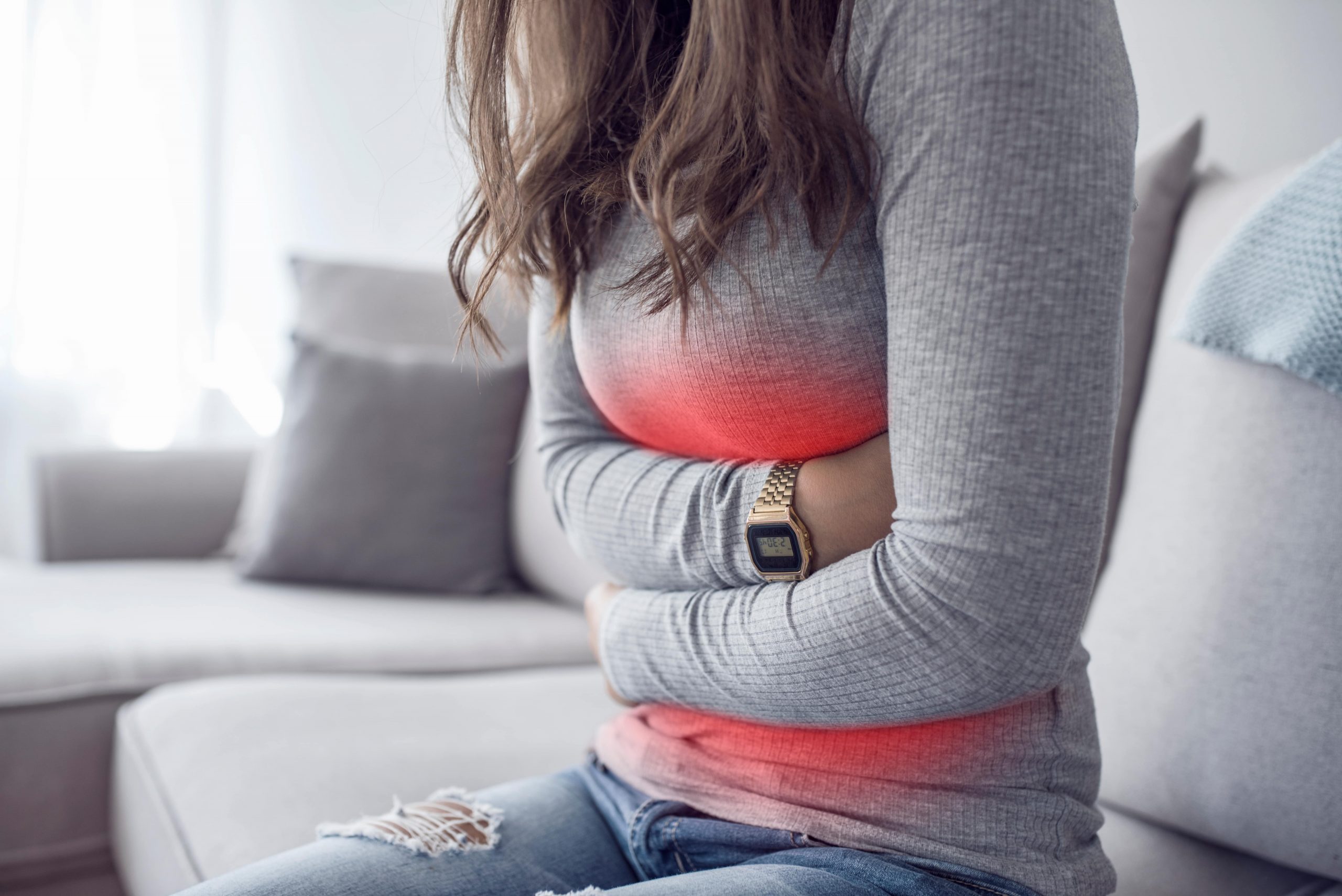An upset stomach,also called indigestion or dyspepsia,refers to discomfort and pain in the upper abdomen. The discomfort may include a burning sensation in the chest and throat and bloating in the upper abdomen. Some may experience a feeling of fullness without consuming much food, vomit, or even nausea.
An upset stomach occurs after overindulging in rich drinks or food. Itmay also arise from pathogens like bacteria or viruses resulting from the intake of contaminated food. This condition is associated with stress, an improper balance between beneficial and harmful bacteria in the gut microbiome, and even sleep chaos. While experiencing an upset stomach can be disheartening and uncomfortable, there are natural ways you can remedy this condition.
When there is discomfort and pain, sipping on a hot cup of tea is a way to ease the symptoms. Certain varieties of tea can solve this problem. Hence, this blog will explain the types of teas that can alleviate stomach upset.
Ginger Tea
Ginger tea has been used for decades as a cure for digestive problems and nausea. It provides a variety of health aids and healing compounds to alleviate an upset stomach. Many people reach for a ginger ale when feeling pain or nausea. However, ginger tea contains higher concentrations of compounds that can address digestive issues. Ginger tea is made using fresh ginger roots and carries a punch that helps heal a stomach upset. It is a natural help for nausea and is often used to diagnose morning sickness in pregnant women.
The drink also deals with motion diseases caused by boats and planes. The research examined pregnant women with symptoms of morning sickness and realized that 28 out of the 32 people found an improvement in nausea when administered a daily dose of 1 milligram of ginger root. Studies show that one cup of ginger tea has about 250 milligrams of ginger to consume 2-4 cups of this tea. With this, feelings of nausea are alleviated.
Licorice Tea
Licorice tea is made from licorice root, which is native to Asia and Europe. It is derived from the plant scientifically known as Glycyrrhiza glabra. This root is popular for its distinctly delicious, partially bitter flavor. Several forms of traditional medicine have used this legume to soothe stomach upset. Various studies also indicate that the root aids in healing stomach ulcers, which often trigger symptoms like nausea, stomach pain, and indigestion.
In Phytotherapy research, researchers discovered that the root could prevent the growth of the bacteria H. pylori, which are known to cause peptic ulcers. Anti-inflammatory properties contained in licorice tea aids in soothing and alleviating pain in the gut. The chemical compounds help to rebuild the stomach lining, furthering the gut.
Peppermint Tea
Peppermint tea has been an integral part of optional drugs for centuries. The leaves help to relieve pain linked to menstrual cramps and nausea. It is the best tea to soothe your stomach. Research shows that peppermint inhibits pain receptors originating in the colon, leading to severe pain. One advantage of this tea is that you can easily grow these leaves right in your kitchen to settle a stomach ache.
Peppermint tea is a hardy, fast-growing crop that does well in most climates. Science explains that peppermint tea can relax intestinal muscles and help relieve pain. 14 studies in 1927 individuals proposed that peppermint oil lowered the duration, frequency, and severity of stomach pain in children. This oil has been revealed to inhibit chemotherapy-related vomiting and nausea. Some studies indicate that smelling peppermint oil assists in preventing nausea and vomiting. Research indicates that oil from peppermint functions the same as its tea.
Chamomile Tea
Chamomile tea is made using the buds of chamomile flowers. It is known globally as a relaxing brew, soothing, and one of the best home remedies for abdominal pain. The tea contains carminative properties that help lower feelings of gas and bloating that can cause stomach upset. This tea de-escalates abdominal gas, which addresses sensations of pain caused by stomach cramps. The tea has anti-inflammatory properties that can help settle stomach conditions, including irritable bowel syndrome.
A 2006 scientific study found that chamomile tea lowered the synthesis of gastric acid. This acid can lead to acid reflux disease when prevented in excessive amounts. Stress exacerbates acid reflux along with other gastroesophageal diseases. Research indicates that the tea provides a natural calming effect that reduces stress and further settles an upset stomach.
Green Tea
Green tea is a perfect product that is widely researched for its health benefits. One European Journal found that regular consumption of green tea is the best way to combat gastrointestinal disorders. Catechins present in this tea are easily absorbed in the intestines and can accelerate the reduction of fat deposits and hike metabolism, aiding in a host digestion problem.
This tea may also assist in the breakdown of food more efficiently, leading to lesser incidences of gas and bloating. Studies reveal that green tea may help to relieve chronic gastritis and colitis. These two diseases are caused by inflammation and irritation in the stomach and can affect digestion. The catechins, including EGCG, can help lower inflammation and alleviate symptoms of pain. The recommended amount of tea is 2-3 cups per day to help improve digestion. You should ensure that you take green tea after each meal and not on an empty stomach, increasing stomach problems.
Conclusion
Research explains that tea offers multiple health-promoting properties. Many teatypescan assist in soothing an upset stomach. Whether you are experiencing nausea, bloating, indigestion, or cramps, preparing one of these delicious drinks is a simple way to get you back to feeling comfortable. However, tea contains caffeine between 20 and 60 milligrams per cup. When you drink too much tea, caffeine accumulates, leading toheartburn, headaches, sleep disruption, and anxiety. These side effects result from excessive consumption of caffeine between 100 and 200 milligrams per day. However, this differs with various types of tea.
- Everything You Need to Know About Pancreatitis - April 19, 2024
- NOVICA: A Journey of Empowerment and Cultural Preservation - July 29, 2023
- BocaHeal: Empowering Your Journey to Optimal Health - June 10, 2023









